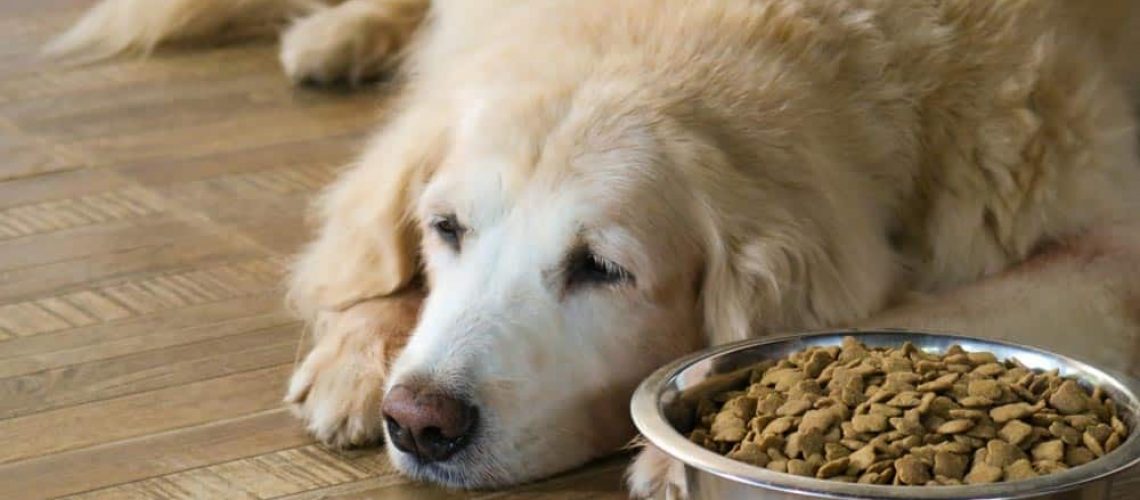As a dog owner, it’s important to be vigilant about your furry friend’s health, especially when it comes to something as common yet potentially harmful as intestinal worms. Knowing how to spot the signs can make a difference in your dog’s well-being. Let’s explore the key indicators and preventive measures to keep your dog healthy and happy.
Identifying Common Symptoms of Intestinal Worms in Dogs
Intestinal worms can be a silent threat to your dog’s health, but certain symptoms can help you catch them early. Look out for:
Visible Worms or Eggs in Faeces
One of the most straightforward signs is the presence of worms or their eggs in your dog’s stool. These may look like small rice grains or spaghetti-like strands.
Vomiting or Diarrhoea
If your dog is frequently vomiting or has diarrhoea, it could be a sign of worms. Sometimes, you might even see worms in the vomit.
Weight Loss and Increased Appetite
Despite a good appetite, if your dog is losing weight, it could indicate a worm infestation absorbing the nutrients from their food.
Dull Coat and Skin Issues
A healthy dog should have a shiny coat. If you notice it becoming dull and lifeless, it could be a symptom of worms.
Lethargy and General Weakness
Worms can drain your dog’s energy, leading to unusual tiredness and weakness.
Is Your Dog at Risk? Understanding How Dogs Contract Intestinal Worms
Dogs can contract intestinal worms in various ways, making prevention challenging. Puppies can inherit worms from their mother, either in utero or through nursing. Adult dogs might ingest worm eggs or larvae from contaminated soil, faeces or infected prey animals. Even fleas can transmit certain types of worms. Regular vet check-ups and maintaining a clean environment are important for reducing these risks.
Step-by-Step Guide to Preventing Intestinal Worms in Your Dog
Here’s how you can protect your dog from intestinal worms:
- Regular Deworming: Follow a vet-recommended deworming schedule, especially for puppies.
- Clean Living Environment: Regularly clean your yard and your dog’s living areas to prevent worm egg contamination.
- Flea Control: Since fleas can transmit worms, keeping your dog flea-free is essential.
- Avoid Contaminated Areas: Keep your dog away from areas known to be contaminated with faeces.
- Routine Vet Check-ups: Regular health checks can catch worm infestations early.
Treating Intestinal Worms: Effective Solutions for Your Dog's Health
If your dog does contract worms, timely treatment is key. Your vet can prescribe the appropriate medication. The treatment plan will depend on the type of worm and the severity of the infestation.
Follow-up and Recovery
Post-treatment, follow-up tests may be necessary to ensure all worms are eradicated. It’s also important to keep your dog’s environment clean to prevent re-infestation.
Nutritional Support
A balanced diet can help your dog recover faster and strengthen their immune system against future infections.
Seek Professional Advice for Your Dog's Health
As responsible dog owners, it’s important to be aware of the health challenges your pet may face, such as intestinal worms. While these are common issues, addressing them effectively requires informed decisions and consistent care. For those seeking worm medication and treatment for their dogs, our team at Sarina Veterinary Surgery is here to assist. Contact us now for more information.


